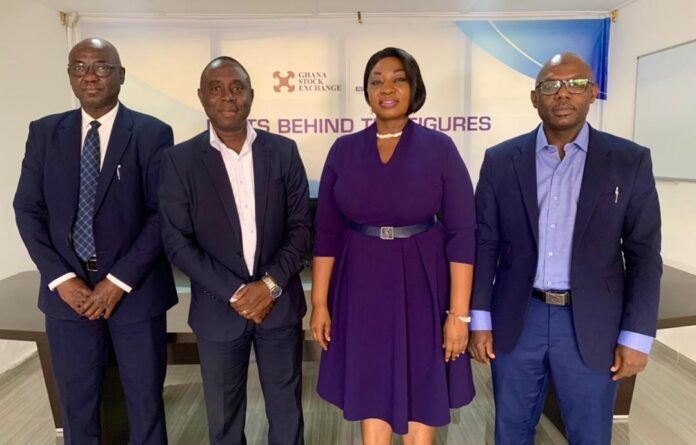
Indigenous pharmaceutical company, Intravenous Infusions, has begun making inroads into the US$40billion African pharmaceutical market through exports, with the Africa Continental Free Trade Area (AfCFTA) and the Ecowas Trade Liberalisation Scheme (ETLS) set to be the primary vehicles for further expansion.
This came to light when Intravenous Infusions took its turn at the stakeholder-facing Facts Behind the Figures organised by the Ghana Stock Exchange (GSE). The move is consistent with the growth aspirations and commitment to maximising shareholder value, its Managing Director, Moukthar Soalihu, said during the session.
“We have export operations, and hoping to maintain and expand by taking advantages offered by Africa Continental Free Trade Area, and Ecowas Trade Liberalisation Scheme. We continue leveraging our reputation and brand name to maintain and increase our local market dominance, as well as continued diversification of our product and market risks,” he remarked.
The MD’s comments come on the back of increased focus on the pharmaceutical industry on the continent following a slew of public health crises including the emergence of the global pandemic – COVID-19, Monkeypox and Marburg virus, and the vaccine politics which have characterised the space.
The value of Africa’s pharmaceutical industry jumped from approximately US$4.7billion in the early 2000s to US$20.8billion in 2013. The growth has persisted at a rapid pace, with analysts predicting that the market could surpass the US$60billion mark by 2023.
For context, India alone has a market size comparable to that of the entire African continent. It currently ranks 14th globally in terms of production value, and third in terms of volume, accelerated from a turnover of approximately US$1billion in 1990 to over US$18billion by the end of 2018. Its pharmaceutical industry was valued at US$45billion in 2021 and is projected to reach US$60billion by the end of 2023.
This, Mr. Soalihu, says has informed the Koforidua-based pharmaceutical company’s medium to long-term strategy.
Year under review
In the year under consideration, Intravenous Infusions recorded a 9.6 percent increase in revenue compared to a loss of 10.47 percent in 2020, a development its managers attribute to the gradual recovery of economic activities in the COVID-19 era. The growth in revenue accounted for a 5 percent rise in pre-tax profit, compared to a decline of 22 percent in 2020. Retained earnings and total assets also increased by 8.26 percent and 24.68 percent, respectively.
Looking ahead
Offering a look into expansionary efforts, the MD indicated that for the factory expansion project, the drawings are undergoing Current Good Manufacturing Practice (cGMP); review and processes have commenced for the appointment of contractors for various project activities.
“The future of IIPLC continues to be bright and positive despite the current macroeconomic challenges. Policies aimed at maximising revenue and profits for shareholders are vigorously being pursued,” he added.
The Accra-bourse listed pharmaceutical currently has 259 million outstanding shares, a share price of GH¢0.04, as of the middle of July 2022, and a market capitalisation of GH¢10.4million.
About Intravenous Infusions
Intravenous Infusions PLC (IIPLC) is a Ghanaian pharmaceutical company producing and distributing Intravenous Fluids in Ghana and the West African sub-region. Incorporated in 1969, the company began operations in 1974 as the first pharmaceutical company to produce intravenous infusions in Ghana.
The company was set up to take advantage of the total lack of local production of infusions and the country’s dependence on imports. Intravenous Infusions PLC’s production process is highly regulated and certified by Food and Drugs Authority (FDA) and Factory Inspectorate Division.
The company’s wholesale and distribution activities are also regulated by the Pharmacy Council under the Health Professions Regulatory Bodies Act, 2013, Act 857. By the nature of its life-saving products, the company plays a strategic role in the health delivery programmes not only in Ghana’s Ministry of Health, but also in all the private hospitals, as well as health sectors of institutions like the Ghana Armed Forces, Ghana Police Service, and Mission Hospitals.









